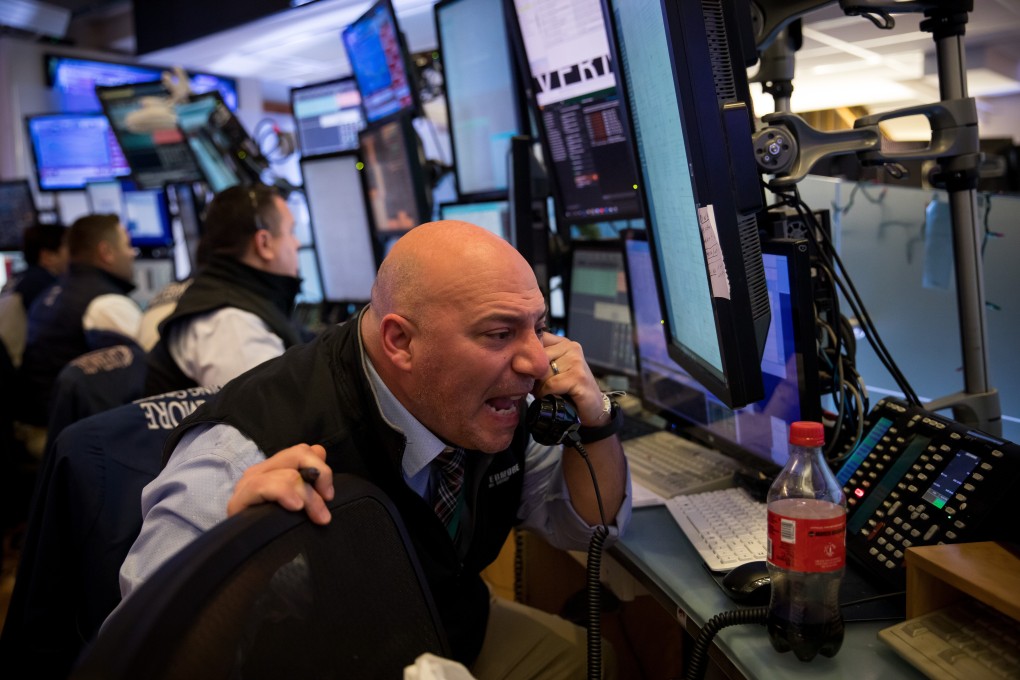There’s no room in the Ark ETF for technology’s sinking stocks amid industry’s sell-off
- Cathie Wood’s ARK Innovation ETF has bled about US$785 million in outflows over the past six days, according to data compiled by Bloomberg
- Drops in the likes of Twilio, Zoom Video Communications and Roku dragged down the ETF

The highest-flying tech names are getting no help from one of the sector’s usual lifelines amid a fierce sell-off that’s showing few signs of slowing.
Plunging US real yields -- which strip out the effects of inflation -- failed to stem a 2.9 per cent fall in Cathie Wood’s ARK Innovation exchange-traded fund (ARKK) on Thursday, now in the midst of its worst stretch since 2018.
The break-apart in riskier tech and real rates is a sea change in a relationship that’s held through much of the past year. With bonds offering a negative rate of return after stripping out inflation, speculative tech and growth have flourished as investors hunt for yield. That the decoupling is happening at a time when a standard explanation for weakness in equities is “concern about inflation” shows the challenges of assigning cause and effect to a market where everything from retail day-traders to options-fomented hedging is acting on prices.

“Even though the bond market is suggesting that tech should be doing better, commodities are what the equity market is listening to and that is causing less of a bid for technology,” said Matt Miskin, co-chief investment strategist at John Hancock Investment Management. “Commodities are whispering in the ear of the equity market and saying inflation is coming.”